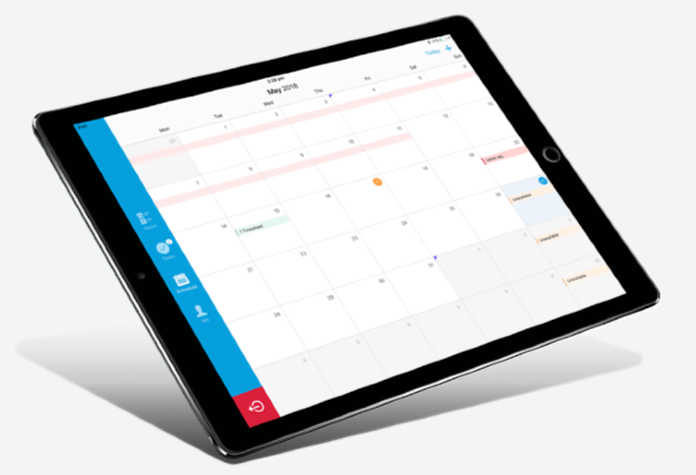
Time management and scheduling software provider Deputy closed an $81 million Series B round. The company said the funds will be put toward expansion efforts, product development and hiring for its engineering team.
The round was led by the Silicon Valley-based venture firm IVP, known for its early funding of Dropbox, Snap, Slack and Twitter. Also participating are OpenView, which led Deputy’s $25 million Series A round, and Australian VC firms Square Peg Capital and EVP. The deal represents the largest Series B round in Australian history and brings Deputy’s total funding $106 million.
Deputy closed an $81 million Series B round to fund expansion efforts, product development and hiring for its engineering team. But it still faces a crowded market. Click To TweetDeputy provides a platform for scheduling hourly workers and helping employees manage their time. It claims more than 1 million users working at 90,000 businesses world-wide, ranging in size from local merchants to global enterprises such as McDonald’s and Amazon. Altogether, Deputy’s been used to schedule 200 million shifts representing some $30 billion in payroll.
Deputy has more than 200 employees across the U.S., Australia, and the UK. CEO Ashik Ahmed said the new funding will allow the company to expand its workforce globally, though most hires will be for the Australia-based engineering team.
Stiff Competition
Deputy’s growth plans are based on the assumption that the hourly workforce is big (Ahmed says it makes up two-thirds of global workers), getting bigger, yet still being managed inefficiently. “There are 2.3 billion hourly-paid workers in the world today, but too many of these are still managing their jobs in archaic ways,” Ahmed said. “The opportunity here is huge.”
It’s hard to argue that employers are moving from the likes of paper time sheets toward technology solutions as the workforce becomes more mobile and includes an increasing proportion of remote employees. Also, trends toward flexible work arrangements and contingent work make time-tracking and scheduling increasingly complex. Those dynamics work in Deputy’s favor.
However, they work in the favor of a number of other companies as well, and some of them are notable competitors. TSheets is highly regarded and recommended by many SMB accountants we talk to—in large part because it’s a product of Intuit and is integrated into QuickBooks. That gives it a leg up over Deputy, which is available through QuickBooks App Store but lacks TSheets’ home-court advantage in the small business market’s accounting leader.
There’s also Harvest, which some reviewers say is more user-friendly, along with the likes of Paylocity, Dayforce and Toggl. Whether a company is targeting small companies or large ones, this is a crowded market.
In May, Deputy released Auto-Scheduling, a feature that allows businesses to more easily create and maintain compliant schedules for hourly workers in industries such as restaurants, healthcare and staffing.
Sign up for our newsletter here.
Image: Deputy















